What does “Talent” mean in Business?
What does “Talent” mean in Business?
Since Steven Hankin of McKinsey & Co coined the phrase “the war for talent” in 1997, and the subsequent book by Ed Michaels, Helen Handfield-Jones and Beth Axelrod, in 2001, a shift was afoot to move towards describing high-performing employees as “the talent”. In a nutshell, that’s what “talent” has come to mean in business – the high performers, those that get stuff done, the ones to watch.
Unfortunately, specifics around what made someone a talent wasn’t particularly articulated. Only that there are a lot more positions than there are talented, high-performing employees with the requisite skill and knowledge sets. Which, if you’re of a need to find talented employees, you probably already knew that.
The challenge with defining “talent criteria” is that it differs between sectors, company cultures, strategies, functions etc. For example, the required talent for regulatory functions are skills such as risk analysis, attention to detail and ability to deal with repetitive work, while marketing functions, on the other hand, might look for creativity and flair. Just the thought of the words Creativity and Flair would be enough to set most regulatory folks into a tailspin!
But it also changes as a talented person moves up the levels of responsibility. The head of a regulatory function needs to be a “look up and out at the horizon” kind of person, which is a very different skill set and mindset than the “head down and get on with it” focus required at a junior level.
To truly have continuous access to talent, its not enough to be able to attract the best of the talent on the market. Aside from the myriad of things that can (and regularly does) go wrong with that strategy, you need to be able to keep them for several years (at least) as well. Which means you need to be able to develop their potential capability and grow them into bigger roles. And there’s two sides to that coin.
Firstly, your company needs to have clear sight of performance standards in each role (as we already covered, they’re different within functions and across functions). On the subject of Risk, without this, companies are taking serious gambles that their managers and senior leaders “know” what those performance standards are, with the assumption that talented employees are consistently be developed towards those standards. I’ll leave that massive assumption there, to reflect on.
Secondly, the number one requirement for any employee to be considered talent should be their openness to learning (which includes constructive feedback) and assimilate knowledge. I’ve worked with hundreds of companies across a range of industries and I’ve yet to come across a company that doesn’t want assimilation of knowledge.
Combining clear performance standards for every role with talented individuals open to learning and assimilating knowledge is the sweet spot, not just for nurturing the obvious “talent” but for developing all potential “talent” and that, my friends, is the true sweet spot of the War on Talent.
If you want to find out more about building your own company’s GOOD performance benchmarks, let’s talk. Set up a complimentary 30-minute meeting or email us at info@rodihr.com today.

